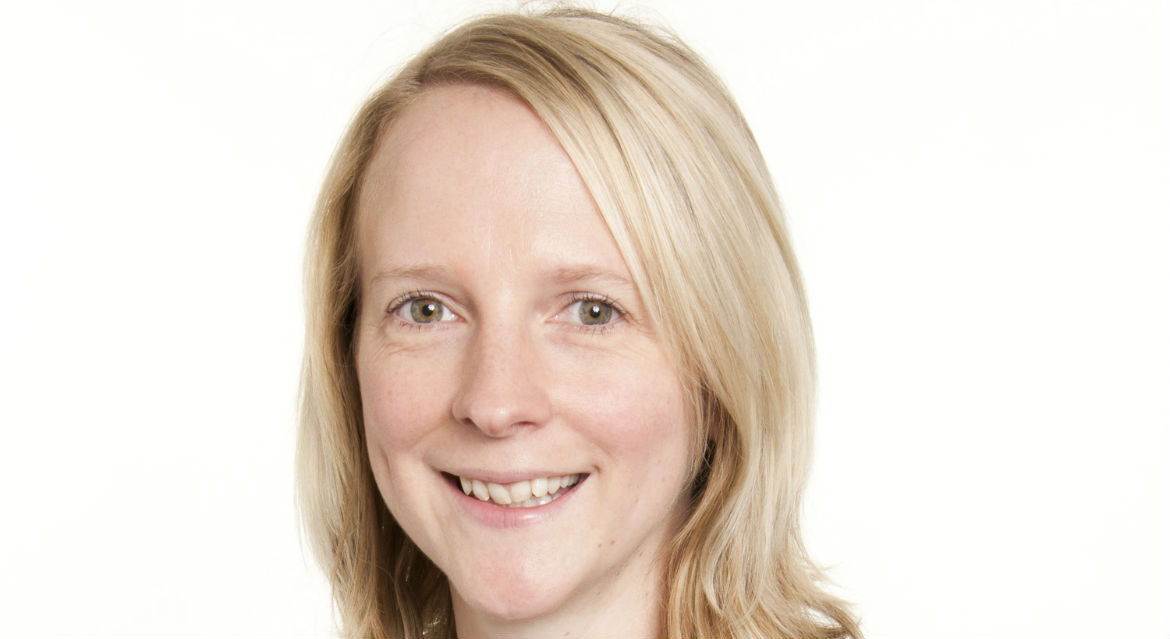Dundee joins £2.85m PhD scheme to tackle AMR
Published On Mon 2 Oct 2017 by Roddy Isles

In response to the urgent and global threat of antimicrobial resistance (AMR), the Medical Research Foundation (MRF), the charitable foundation of the Medical Research Council, has invested £2.85million in delivering the UK’s first nationwide PhD training programme to focus on this major health challenge.
Antibiotics transformed healthcare in the 20th century and are still considered one of greatest medical achievements of the era. Today, we still rely on antibiotics to treat everything from minor cuts to life-threatening bacterial infections and to prevent infection after surgery. These drugs have drastically improved our quality of life and increased lifespan.
In the 21st century, antibiotic overuse and misuse has led to antibiotics rapidly becoming ineffective. Antimicrobial resistance, specifically antibiotic resistance, now poses a global threat to human life. We need urgent action to halt resistance and to accelerate new treatments for bacterial infection. The MRF’s Antimicrobial Resistance PhD Training Programme has been designed in response.
The PhD training programme leadership comprises 16 academics from 13 universities and research institutes, including the University of Dundee. The programme will bring together PhD students from all academic disciplines to explore new ways of tackling the threat to human life posed by AMR.
Dr Charis Marwick, Clinical Senior Lecturer in Population Health and Consultant Physician in Infectious Diseases, is leading the University of Dundee’s contribution to the programme.
She said, “We must address an urgent fight against antimicrobial resistance, which is one of the most serious challenges facing current and future generations. With this programme we are looking to equip the next generation of researchers with the multidisciplinary research skills required to tackle this major health problem.”
The MRF’s Programme will provide four-year PhD funding for 18 students in the first cohort, with the studentships being distributed across the participating universities. In addition, training courses and cohort building/networking events will be funded to benefit up to 200 PhD students studying AMR-related problems from across the UK.
Working with the Medical Research Council, the MRF spotted a gap in funding for PhD studentships in antimicrobial resistance research – right now there are few emerging researchers trained in the multidisciplinary approach required to tackle the antimicrobial resistance problem. MRF’s PhD programme is designed to help build a strong, active network of new researchers to approach this global challenge in innovative ways.
Professor Nicholas Lemoine, the Medical Research Foundation’s Chair, said, “The Medical Research Foundation is delighted to fund the UK’s only national PhD Training Programme in antimicrobial resistance research. We believe the programme will help to respond to the global health challenge that is antimicrobial resistance, including antibiotic resistance and drug resistant infections, and strengthen the UK’s research capacity overall.”
The Medical Research Foundation will continue to raise money with the aim of funding two further cohorts of antimicrobial resistance PhD students in the future.
Notes to Editors
The Medical Research Foundation an independent charity founded by the Medical Research Council. Our aim is to improve human health by funding even more of the excellent research MRC supports. We use money donated to MRF or MRC by the public to fund medical research and only medical research, that’s what makes us unique as a research charity. We focus on scientists, their training the equipment they need and ways to help them share their results. We don’t fund campaigning, support or advisory services – our sole focus is to fund strong research.
For more information about the Training Programme in AMR please contact:
Clare Soares,
Research Manager
Medical Research Foundation
020 7395 2326
For more information on how you can donate to future PhD studentships as part of this Training programme, please contact:
Lisa Robinson
Head of Fundraising
Medical Research Foundation
020 7395 2371
Online: https://www.medicalresearchfoundation.org.uk
On Twitter: @MedResFdn
Background to the Antimicrobial Resistance PhD Training Programme
The Medical Research Foundation is delighted to be funding the only national PhD Training Programme in Antimicrobial Resistance (AMR) in the UK.
The National Training Programme will initially support 18 fully funded, multidisciplinary PhD studentships to be hosted across the UK. It will also provide a number of training and network-building activities and events including on-line training resources, summer residential training weeks, annual AMR conferences and tailored meetings responsive to developments and opportunities relevant to the AMR field. These training and network-building activities will reach a further 150 UK PhD students training in AMR-related research.
- The Medical Research Foundation is providing £2.85m to fund the national PhD Training Programme in AMR
- The Medical Research Foundation’s National PhD Training Programme in AMR will consist of a 4-year training programme per cohort of students
- The following universities and institutes are hosting MRF PhD Students as part of the MRF National PhD Training Programme in AMR:
- University of Warwick
- University of Cambridge
- University of Edinburgh
- University of Leeds
- University of Sheffield
- University of Oxford
- University of Nottingham
- NERC Centre for Ecology and Hydrology
- London School of Hygiene & Tropical Medicine
- University of Exeter
- University of Dundee
- University College London
- Imperial College London
- Nuffield Department of Medicine, Oxford
For media enquiries contact:
Roddy Isles
Head of Corporate Communications
University of Dundee
Nethergate, Dundee, DD1 4HN
Tel: +44 (0)1382 384910
Mobile: 07800 581902
Email: r.isles@dundee.ac.uk